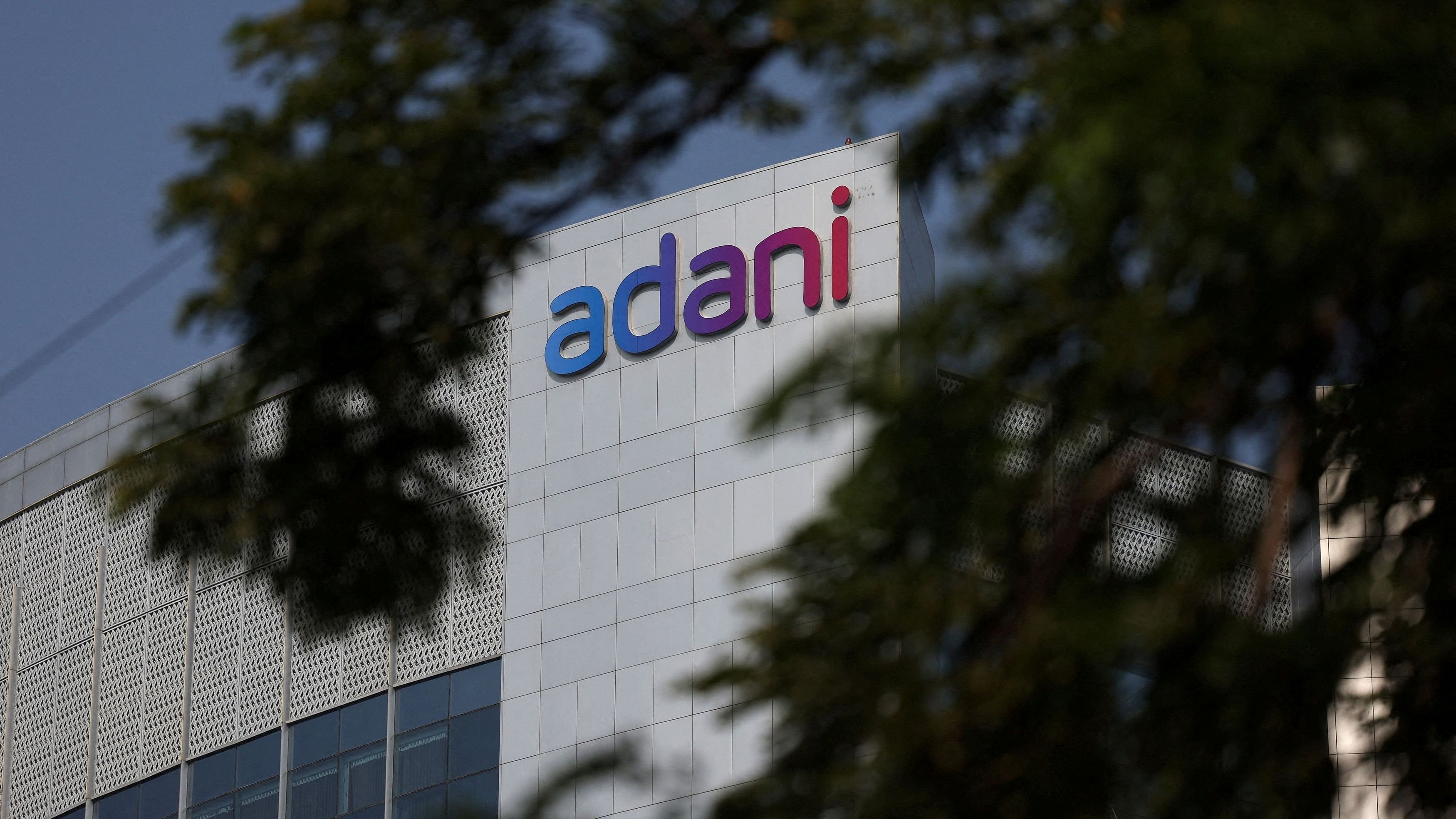
Representative image.
Credit: Reuters Photo
Hyderabad: Former IAS officer EAS Sarma, found fault with Securities and Exchange Board of India (SEBI) for not acting upon the Adani Group, as reports that the Securities Exchange Commission (SEC) and other US agencies had undertaken investigations against the Adani Group appeared almost a year ago.
“Had SEBI, overseen by your ministry, cared to act, in the interest of safeguarding our own stock market investors, it would have contacted its counterpart, SEC, immediately and initiated action on time, but, for evident reasons, it did not, nor did you ensure it did! Did the Adani Group and Azure make disclosures on this to SEBI as required under the Act? Has there been a breach on the part of SEBI of its own obligations? These are important questions that SEBI should answer,” Sarma said in a letter to union finance minister Nirmala Sitharaman on Saturday.
Sarma observed that both the US District Court and the SEC being judicial authorities in the USA, the latter being the counterpart of SEBI in India, their charges and the indictment cannot be summarily brushed aside.
“The indictment is based on a painstaking evidence-based investigation carried out by the FBI both in the US and in India. US SEC's trigger for action against the Adani Group was to protect the interests of the US investors and deter corruption by its citizens in India,” added Sarma, who was a Secretary in the Finance Ministry between 1999-2000.
He also pointed out that the Ministry of Power (MOP) has deliberately created scope for corruption in the solar sector by issuing illegal directives under Section 11 of the Electricity Act of 2003 to State power utilities to absorb a minimum of 10% of their power requirement, irrespective of cost, from centralised solar power plants set up by corporates like the Adani Group and the foreign-based Azure, both specifically arraigned in the indictment.
“It's ironic that MOP should encourage corporates setting up large centralised solar plants in preference to decentralised systems like rooftops and solar-driven irrigation pumpsets, despite the fact that the former are inherently uneconomical as they operate at low load factors, involve high investments and T&D losses, result in heavy delivery costs at the consumer-end and deprive consumers of the additional income they would have earned by selling surplus electricity to the grid. If one were to review the details of those corporate solar plants during the last decade, it would become clear how there was all round political corruption revolving around the setting up of most of those plants,” he added.
Sarma further said that MoP even tried to incorporate a regressive "Renewable Energy Obligation" clause in the ill-fated Electricity (Amendment) Act, 2022, with the obligation escalating year after year, imposing an unconscionably heavy cost burden on consumers. MOP's sole objective seemed to help corporates at the cost of consumers, he said.